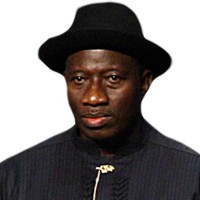On July 7-8, Muslim Fulani herdsmen reportedly attacked Christian Berom farmers in Plateau state in Nigeria’s ethnically and religiously diverse Middle Belt. The violence claimed more than 100 lives, including those of two elected officials, and displaced an estimated 5,500 persons. On July 17, an apparent reprisal targeted a Muslim school in the state capital, Jos.
The cycle of Muslim-Christian violence (.pdf) in Plateau dates back to 1994. And though Nigerian authorities have depicted the conflict as primarily local, it aggravates the tone of Muslim-Christian relations across the country and embarrasses the administration of President Goodluck Jonathan, which is attempting to restore security in Nigeria’s majority-Muslim north. The fact that northern Muslim rebel sect Boko Haram claimed involvement in the latest round of violence in Plateau served to further nationalize the conflict.
A combination of factors drives the violence in Plateau. First is tension over livelihoods and land: Fulani pastoralists, driven south by desertification, want to use land that Berom farmers regard as their exclusive property. Meanwhile, in Jos, Hausa Muslim traders and other immigrants operate many of the city’s shops, causing resentment among local groups that accuse the Hausa in particular of refusing to integrate into the local culture (.pdf).

